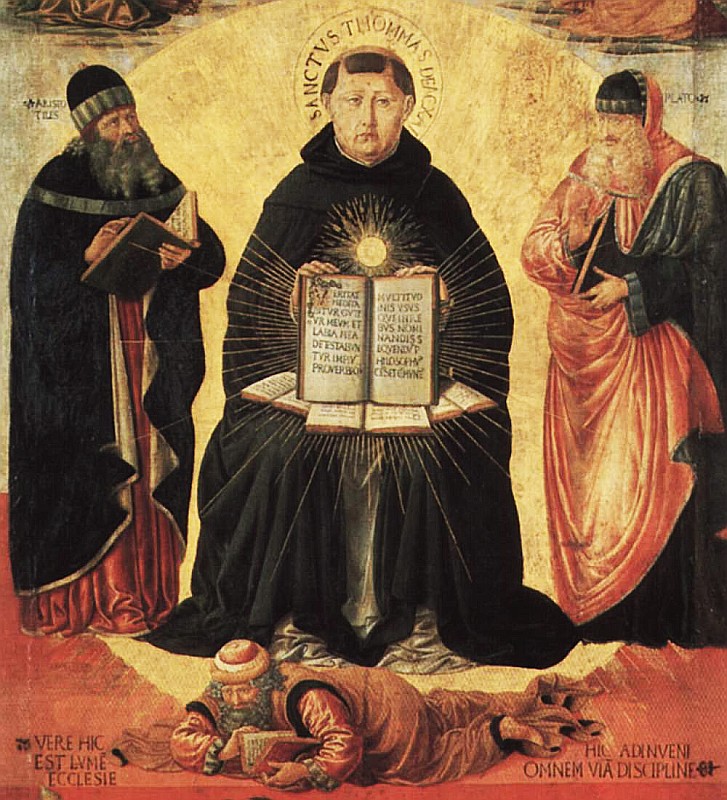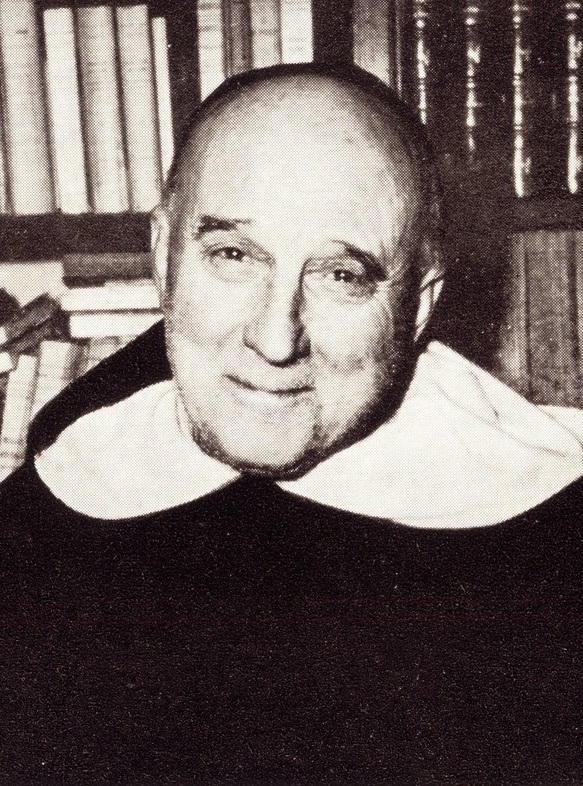 |
| The Dead Christ, by Andrea Mantegna c.1480 |
Holy Saturday is that day of the year that I cannot help but think of the deep theological irony involved in Nietzsche's infamos phrase. "God is dead" is something we faithful Catholics can utter today with profound devotion.
Our Lord Jesus Christ, the Second Person of the Blessed Trinity, truly underwent human death. On that day, God was dead. Quite literally so. And we commemorate that day every year on Holy Saturday, so at least liturgically we can say today, with Nietzsche: God is dead. (Nietzsche of course didn't mean it that way, but it is ironic that his words help us, on a day like today, to profess our faith and meditate on its depths.)
Our Lord Jesus Christ, the Second Person of the Blessed Trinity, truly underwent human death. On that day, God was dead. Quite literally so. And we commemorate that day every year on Holy Saturday, so at least liturgically we can say today, with Nietzsche: God is dead. (Nietzsche of course didn't mean it that way, but it is ironic that his words help us, on a day like today, to profess our faith and meditate on its depths.)
You may be thinking: "Wait, God did not die; it was just Jesus who died." The theological principle of the communicatio idiomatum, the "communication of idioms" (cf. my wife's post) states that the attributes of each of Jesus' two natures can be attributed to the person. So we attribute to the Person of the Word, whom we call "God," both human and divine attributes. Among these human attributes we include His mortality, and the fact of His death. It is true that the Divine Nature did not die: the Divine Nature is immortal, and in this sense each of the three Divine Persons is immortal through their Divine Nature. But the Second Person, the Person of the Word, "God," also possesses a human nature, which was mortal while on this earth. And through this human nature, the Person of the Word did truly die. And this fact is what we especially remember today.
Or maybe you're thinking: "Jesus did not die; only his body died." If you are thinking along these lines, you are probably thinking of the basic truth of the faith that the Second Person of the Trinity is eternal, and never ceases to be, even during the three days from Good Friday to Easter Sunday. And it is true that he never ceases to be. In fact, even the constituent parts of His human nature (body and soul), never ceased to be, even though they were separated. That is to say, throughout the triduum the Second Person of the Trinity continued His divine existence, and continued to be hypostatically united not only to his human soul, which "descended into hell," but also to his body, which lay in the tomb (cf., Summa theologiae IIIa, q. 50). But still, it is true to say that He died, or that He underwent death, given that death does not mean ceasing to be, but rather it means the separation of soul and body. He truly suffered this separation of body and soul, which we call human death.
Ultimately, the underlying principle here is: acta sunt suppositorum, acts are done by persons (supposits). We do not say that my body drives my car; we say: I, the person, drive the car, even if it's my through my body that I do it. So Christ's actions and passions may be done through his body, but it is He who does them through His body. So it is not wrong to say His body died, so long as we don't mean to deny that the person died. At any rate it is more proper to say that the Person ("God," "Jesus," "the Word") died.
That's what's so awe inspiring about today: the Second Person of the Blessed Trinity truly underwent human death --a separation of his body and soul-- for our salvation.








No comments:
Post a Comment